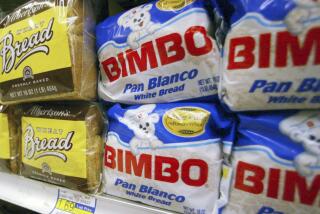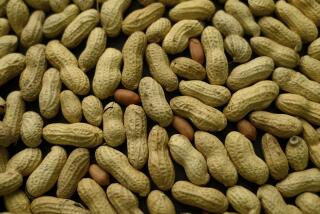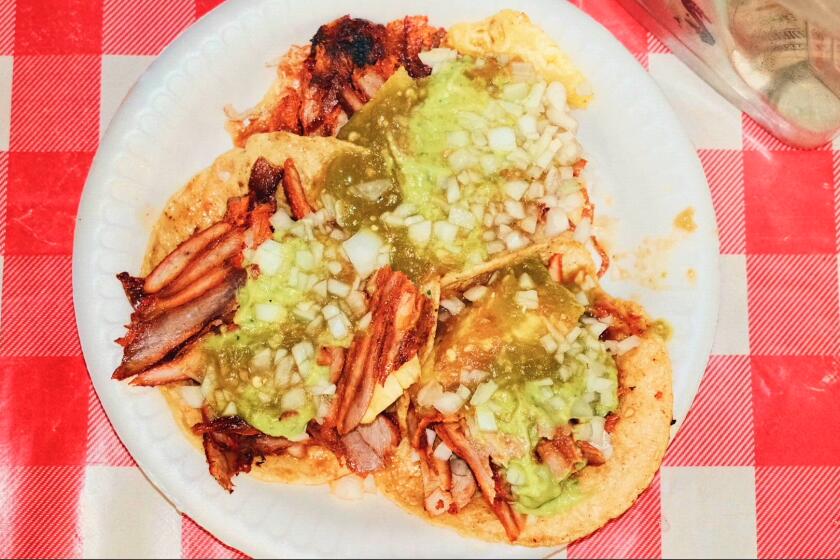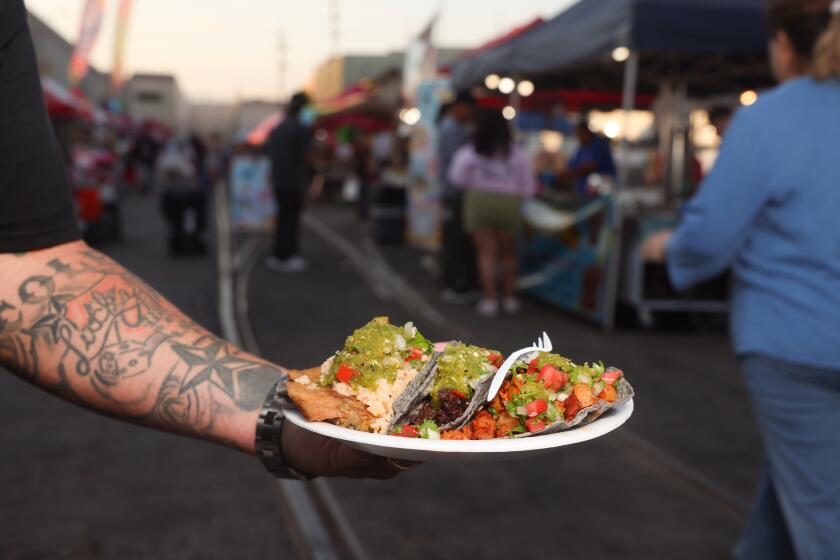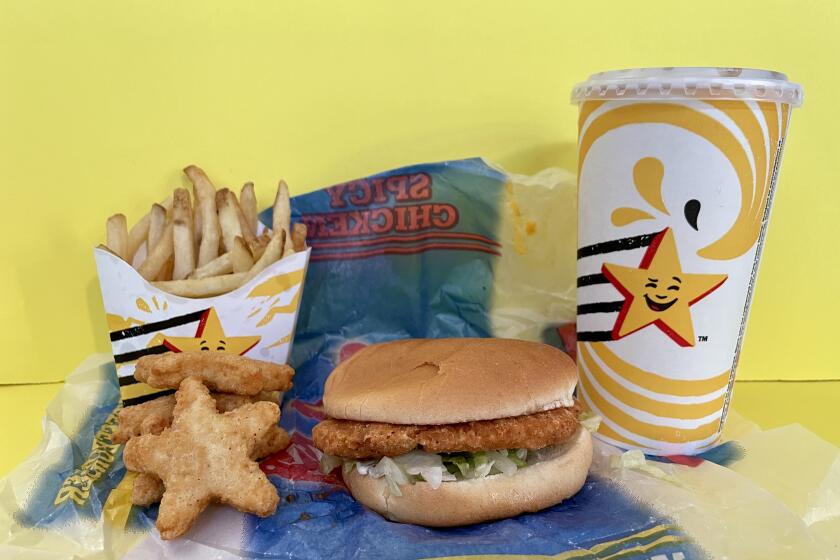15 myths about gluten to stop believing
Lately, the bread aisle has been a little deserted - all the gluten myths have been steering consumers away from wheat and towards stale substitutes. Whole30, paleo, and other trendy diets advocate for eliminating gluten and eating carbs primarily from gluten-free sources.
15 Myths About Gluten to Stop Believing Gallery
In reality, gluten is just a protein found in wheat and other grain products. It’s a naturally-occurring substance that some people develop severe allergies to. This very serious form of the allergy is called celiac disease.
Celiac disease has been around for ages, but only recently has it become the center of public attention. Now, it seems everyone is keen for a diagnosis of some intolerance, hoping that the cure to their fatigue, bloating, or other unexplained symptom lies buried in a box of gluten-free crackers.
However, the answer is likely to be found somewhere else. Studies conducted on people with celiac disease were generalized to the rest of the population without any science to back it up. Now, people who aren’t allergic to gluten at all are suspicious that the side effects of eating gluten for a person with celiac disease apply to them, as well.
But think about that same notion in another context - one that doesn’t involve carbs or cupcakes. A person allergic to shellfish would certainly experience indigestion after eating shrimp. But you wouldn’t think everyone should avoid shrimp then, would you?
The idea that gluten is bad for us is a big misconception - as are these other 15 gluten myths.
more gluten-free info
- Party City Apologizes for Gluten-Intolerant Commercial, Excuses Sunny Anderson From Blame
- 5 Ways to Tell If You’re Actually Gluten Intolerant
- Gluten-Free Granola Has More Fat Than a Spoonful of Butter
More to Read
Eat your way across L.A.
Get our weekly Tasting Notes newsletter for reviews, news and more.
You may occasionally receive promotional content from the Los Angeles Times.

